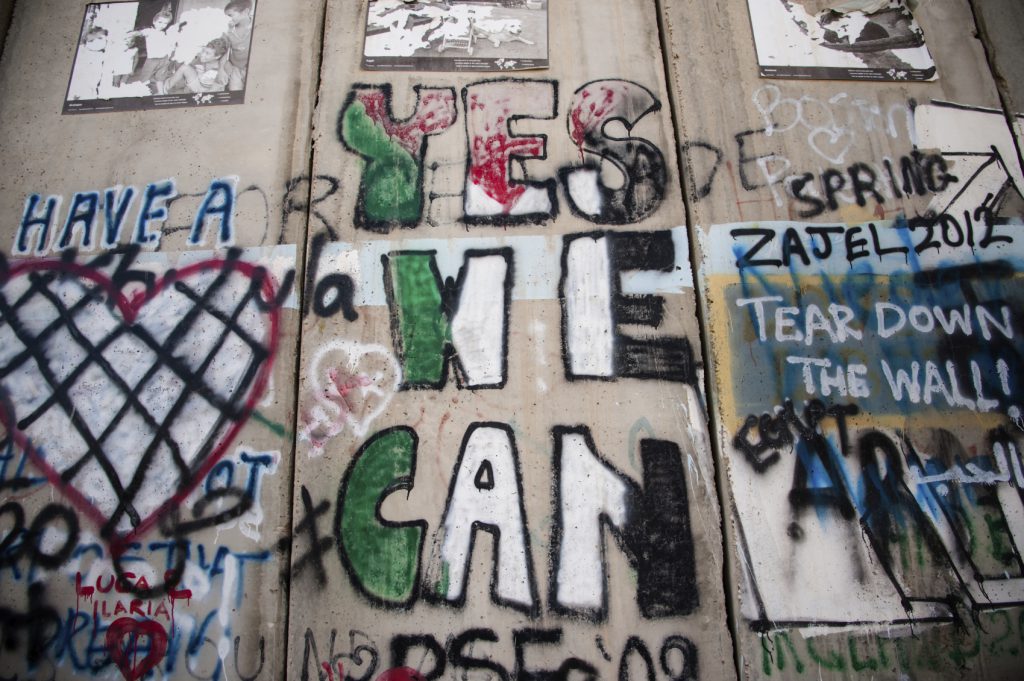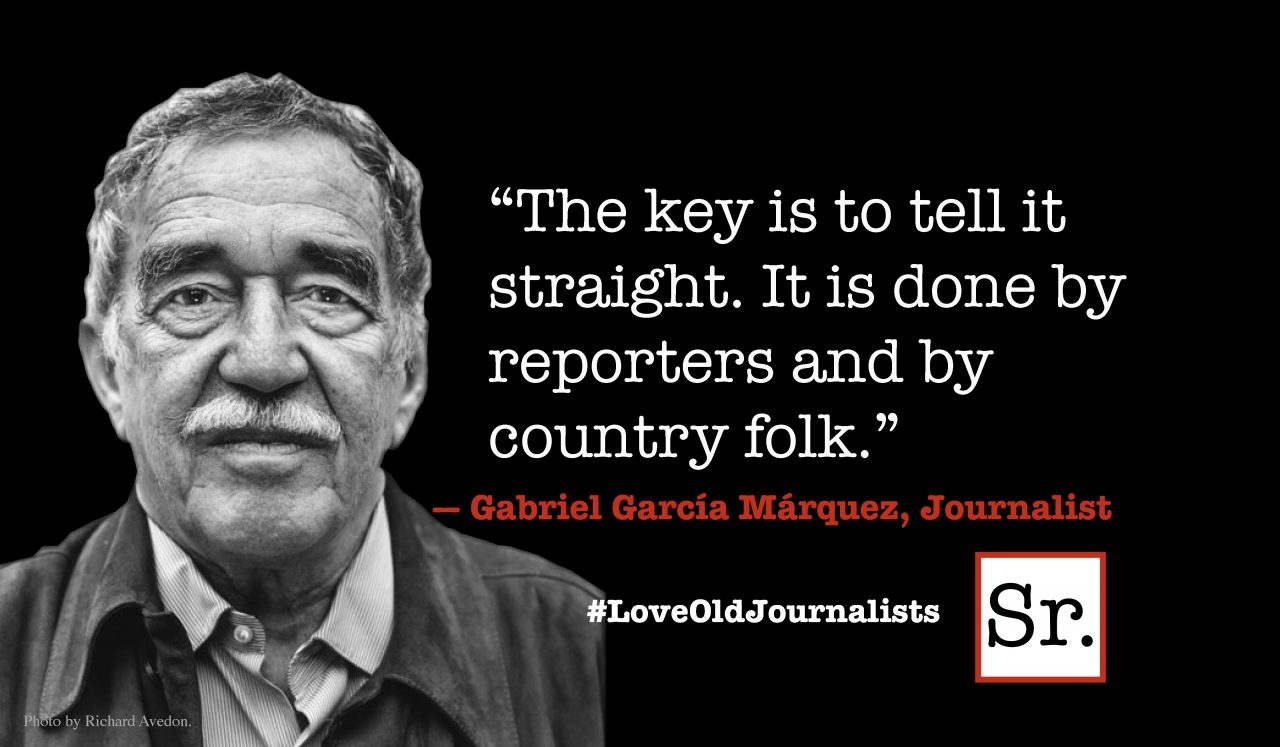An excruciatingly beautiful film called "The Other Son," remains in my mind. Music is part of the story, and it touched chords deep within my gut. The plot was fictional, but quite plausible. By accident, two babies born on the same day in the same hospital were switched. One was born to a Jewish family; the other to a Palestinian family. The film begins 18 years later when the Jewish boy is ready to enter the army. Routine blood tests reveal he could not be the father's son. After some unsettling days of the father thinking that his wife had not been faithful to him, the hospital uses DNA tests to positively identify the two babies and their biological parents.
While the pathos of such a predicament would apply to any two families anywhere in such a situation, the long standing divide and very raw tension between Israeli Jews and Palestinian Arabs exacerbate the anguish in dealing with it. This movie skillfully avoids being maudlin and overly sentimental by reaching a deeper level in how each young man, their siblings, and both mothers and fathers learn to live with the truth of their sons.
I was an immigrant in Israel between 1983 and 1989. Through where I lived and worked, I became familiar with Tel Aviv, Ramat Aviv, Maalot, Kfar Saba, and also an Arab town inside Israel called Shefaram. It was in Shefaram where I worked for 18 months that I was able to appreciate the Arab culture from living in it.
I loved much about my life in Israel, but became increasingly pessimistic about any resolution to the conflict between Arabs and Jews. I could see the right and wrong of both sides of the divide. Eventually, it tore me apart and was a large part of the reason I decided to leave Israel in spite of loving it. The poignancy of the two boys, as well as their families, having to reassess their identities from the "other side" rang true.
The boy who thought he was Jewish was not accepted for army duty. He had been a religious Jew, so what distressed him even more deeply was learning he was no longer even considered a Jew by Orthodox Jewish law because his real mother was not Jewish. He would now have to go through a conversion process to remain Jewish.
West Bank Arabs are not allowed easy access to Israel, but now the Palestinian young man could easily have access to Israel, including being able to walk on the beach in Tel Aviv at night. I was reminded of a young Palestinian man who came into Israel every day to clean the immigrant center where I lived. Although he worked in Israel every day, he was not allowed to stay overnight inside Israel. One evening, however, he couldn't get home. We walked on the beach. I didn't realize at the time how thrilling it was for him to walk the beach at Tel Aviv and enjoy being in the active, happy night life there.
Israel is much smaller than most people think. From my little window in Kfar Saba, I could see the West Bank. What marks Israel and Palestine now are huge walls that Israel erected years after I left. The looming grotesque concrete dividers between Israel and Palestine are a very potent image in the film.
I was mother to an adopted child with no DNA link to me. Although I did it knowingly, and the parents in the story had not, I could understand how both sets of parents could not and would not stop loving the child they had raised. Yet, some of the most painfully beautiful moments of the film came when each mother tenderly touched the son she hadn't raised.
This movie managed to show the additional complexities and complications of life in Israel through what the families went through in accepting "the enemy" into their family. Although a fictional story, they were very real people who could make us feel each one's distinctive pain and love.









